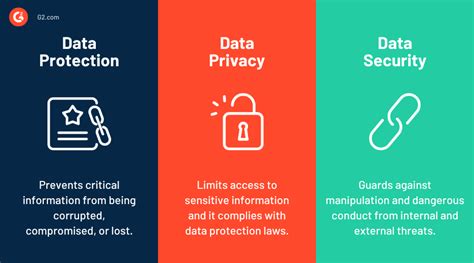Privacy vs. Security: Finding Balance in P2P Crypto Transactions
The rise of peer-to-peer (P2P) cryptocurrency transactions has opened up new avenues for individuals to transfer value without the need for intermediaries. However, as with any decentralized system, there are concerns about the potential risks associated with these transactions. The fine line between protecting user privacy and ensuring security is a delicate one, especially in the context of P2P crypto exchanges. In this article, we’ll explore the trade-offs involved in finding balance between these two critical aspects of cryptocurrency transactions.
The Benefits of P2P Crypto Transactions
P2P crypto exchanges offer numerous benefits to users, including:
- Decentralization: Users maintain complete control over their assets and do not rely on a single intermediary.
- Security: P2P transactions typically involve multiple nodes, making it more difficult for hackers to intercept or manipulate data.
- Lower Fees

: Transaction fees are often lower compared to centralized exchanges.
The Risks of P2P Crypto Transactions
However, P2P crypto transactions also pose significant risks to users’ privacy and security. Some of the key concerns include:
- Data Collection: P2P exchanges may collect sensitive user data, including transaction history, IP addresses, and wallet balances.
- Malicious Activity
: Hackers can exploit vulnerabilities in P2P networks to steal user funds or launch phishing attacks.
- Wallet Security: Weak wallets or poor password management can leave users vulnerable to unauthorized access.
Finding a Balance
To find a balance between privacy and security in P2P crypto transactions, consider the following strategies:
- Use end-to-end encryption: Utilize secure wallet solutions that offer end-to-end encryption, ensuring that user data is protected from interception.
- Choose reputable exchanges: Select well-established exchanges with robust security measures and transparent policies regarding user data collection and exchange fees.
- Be cautious of user-generated content: Approach information shared by users with a healthy dose of skepticism, as it may be manipulated or fabricated for malicious purposes.
- Regularly back up funds: Ensure that you have a secure way to store your assets in case your wallet is compromised or hacked.
Best Practices for P2P Crypto Transactions
To maintain user privacy and security while using P2P crypto exchanges:
- Use strong, unique passwords: Protect your wallet PINs with complex passwords and consider enabling two-factor authentication.
- Enable wallet notifications: Set up alerts to notify you of suspicious activity or potential phishing attempts.
- Regularly update software: Keep your operating system and wallet software up-to-date to ensure the latest security patches are applied.
- Use a reputable exchange’s customer support: Engage with customer support if you encounter any issues or have concerns about your account.
Conclusion
While P2P crypto transactions offer several benefits, they also pose significant risks to user privacy and security. By understanding these trade-offs and implementing effective strategies for managing risk, individuals can enjoy the benefits of decentralized cryptocurrency exchange while maintaining control over their assets. As the landscape continues to evolve, it’s essential to remain vigilant about the potential pitfalls associated with P2P crypto transactions.
Additional Resources
- Best Practices: Cryptocurrency Security Guidelines
+ [1] Bitcointalk.
Leave a Reply